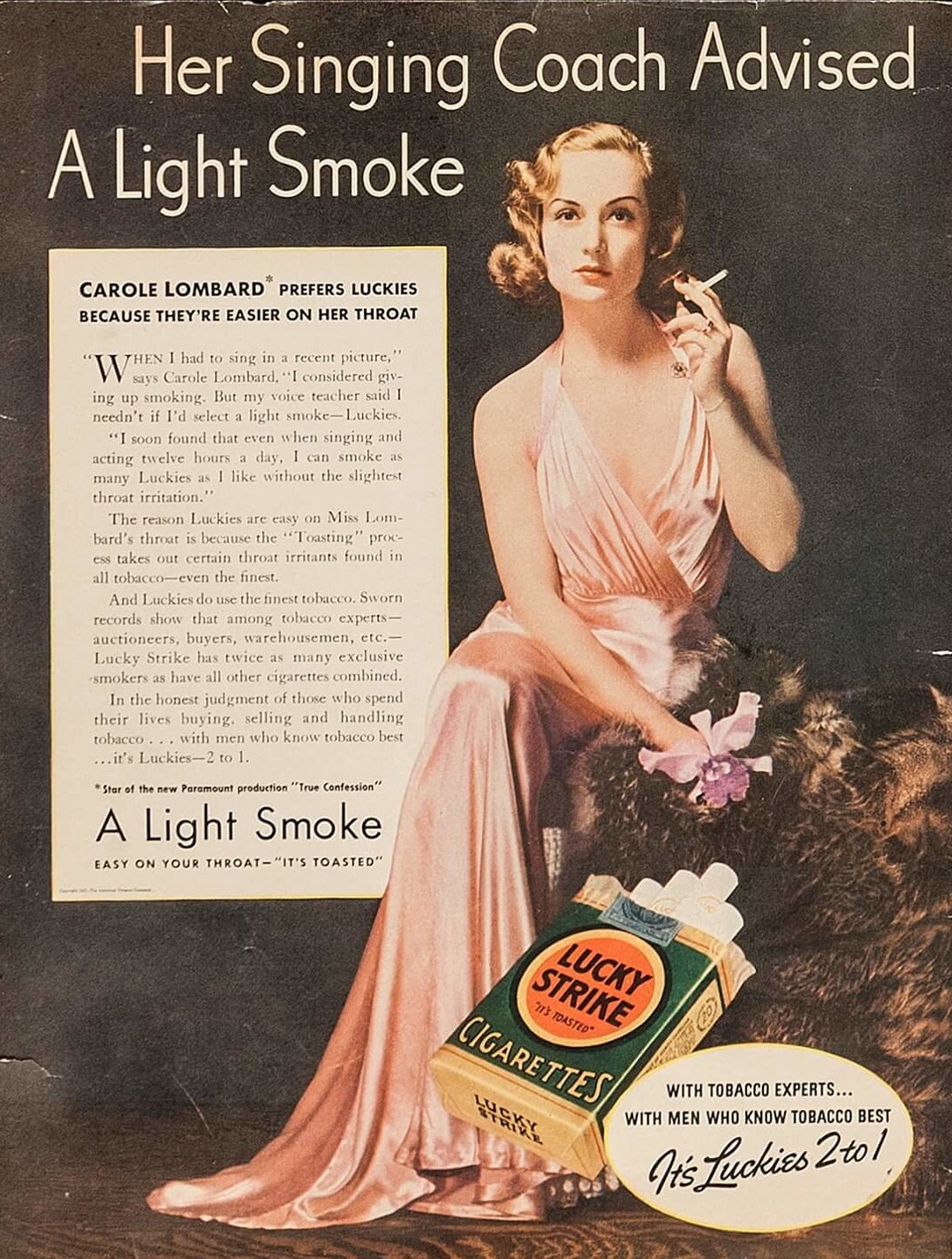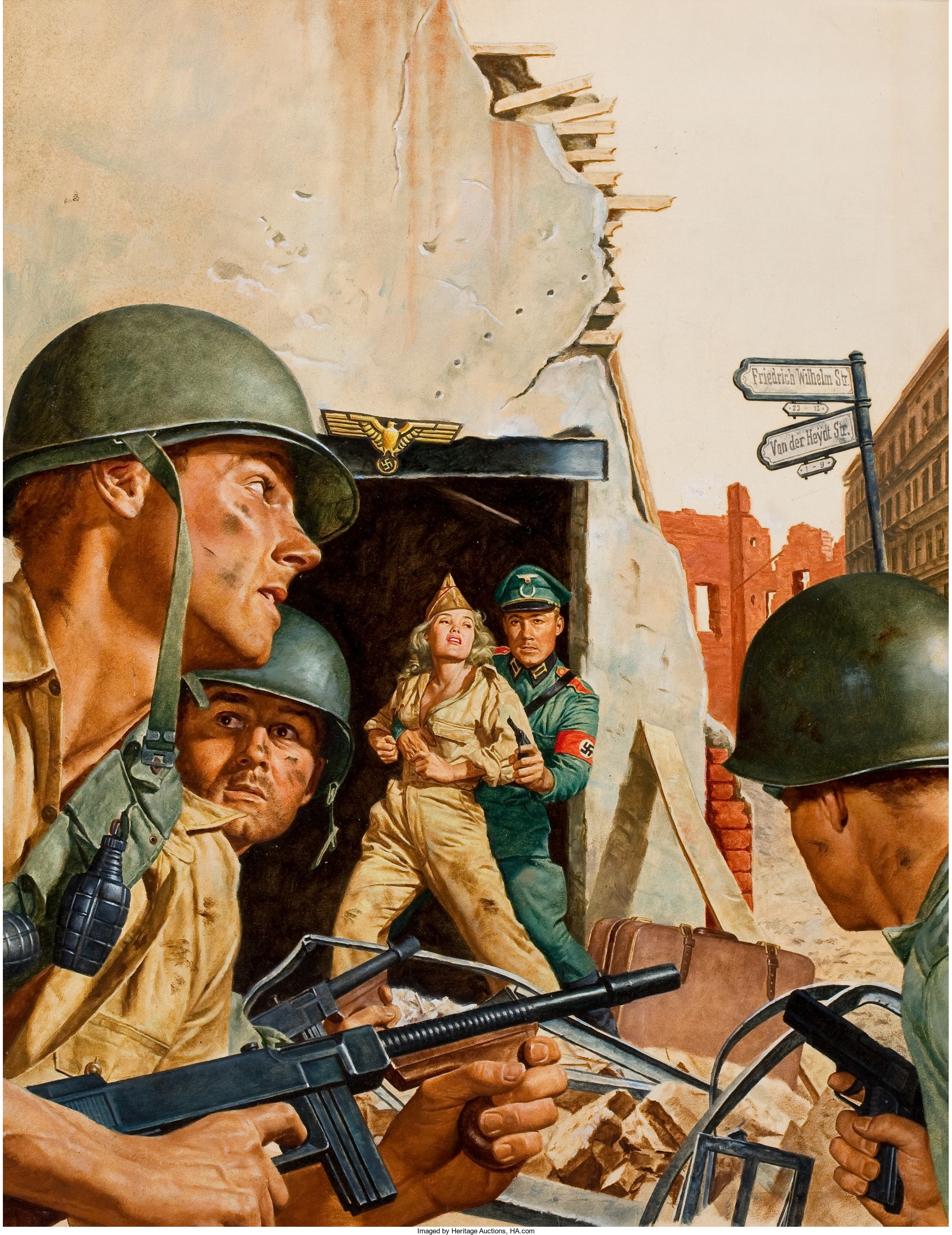
By Jim O’Neal
Donald Trump continues to baffle the political pundits who sincerely believed his presidential campaign was a “stunt” that would fizzle out once the media buzz stopped. However, he is still dominating the polls and has demonstrated what a remarkable campaigner he is. With the first primary elections only a few weeks away, we will have a chance to find out if it translates into votes.
Only time will tell, but it brings back memories of Edward L. Bernays, who many believe was the father of Public Relations, Spin, PR and other euphemisms.
He was born in 1891 in Vienna. The family came to the United States in 1892. He graduated from Cornell and then started his business … Edward L. Bernays Public Relations in New York. His clients included Procter & Gamble, General Electric, General Motors, Time, CBS and NBC.
One of his most memorable campaigns was for the American Tobacco Company, the largest in the industry. In 1929, their No. 1 seller was Lucky Strike, and it was a big hit … with men.
A major issue was that most women did not smoke. One brilliant insight was that male taboos on women smoking had convinced women that smoking was unladylike.
So Eddie concocted an elaborate event that involved recruiting a bevy of beautiful women to participate in an event called “The Torches of Freedom Parade.” On Easter Sunday 1929, right on cue, a dozen of these elegant women … lit up a cigarette and marched down 5th Avenue holding “Torches of Freedom.”
The next day, virtually every newspaper in America had a picture of them with cigarettes dangling from their mouths or in their hands. After this historic event, women started lighting up more than ever before.
Bernays had created this event as “news” and then proceeded to convince industries that news, not advertising, was the best medium to carry their message to an unsuspecting public.
Eddie Bernays had a long career that included many similar strategies. He died in 1995 at age 105.
Women have not fared so well.
Lung cancer is now the leading cause of cancer death in women and surpassed breast cancer in 1987… 28 years ago. Every five minutes in the United States, a woman is diagnosed with lung cancer and 72,000 will die in 2015.
“You’ve come a long way, baby.”
Virginia Slims brand was introduced in 1968 and marketed to young, professional women.
Addendumb (not a typo):
► Chinese men now smoke more than one-third of all the world’s cigarettes.
► One-third of all young Chinese men will die from the effects of smoking (not smog)
► By 2050, 3 million of these men will die annually.
► Only 1 percent of middle-age Chinese women smoke, but there are SHARP increases in teenage girls.
“You have a long way to go, baby.”
 Intelligent Collector blogger JIM O’NEAL is an avid collector and history buff. He is President and CEO of Frito-Lay International [retired] and earlier served as Chairman and CEO of PepsiCo Restaurants International [KFC Pizza Hut and Taco Bell].
Intelligent Collector blogger JIM O’NEAL is an avid collector and history buff. He is President and CEO of Frito-Lay International [retired] and earlier served as Chairman and CEO of PepsiCo Restaurants International [KFC Pizza Hut and Taco Bell].

